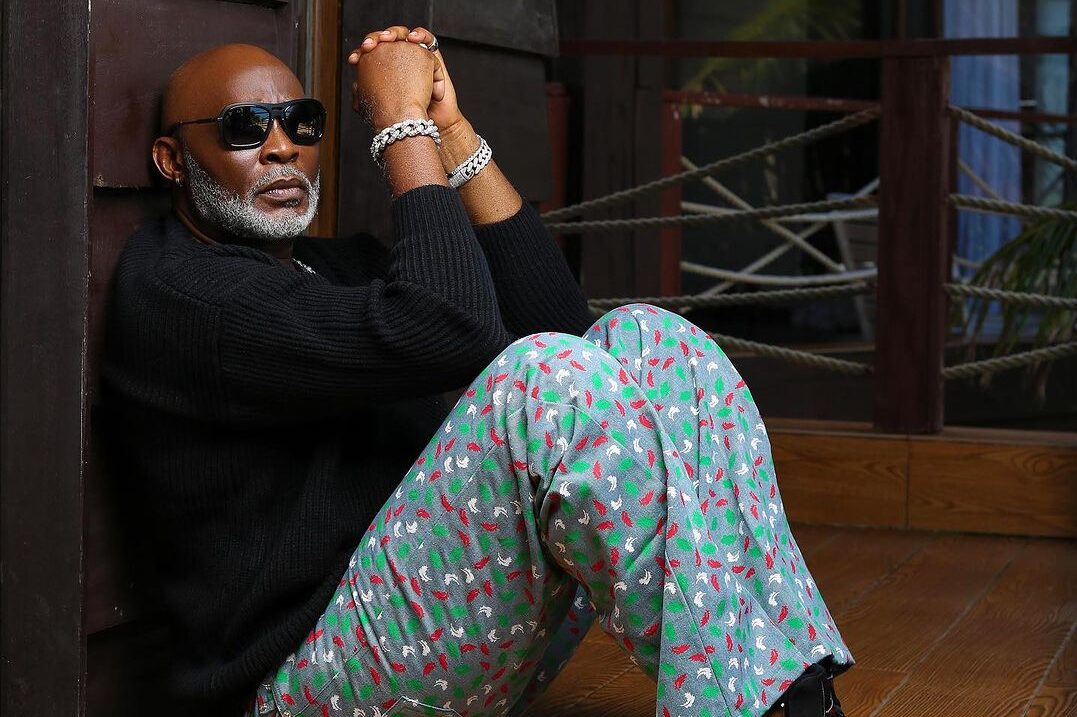Veteran Nollywood actor Richard Mofe Damijo (RMD) has sparked a crucial conversation about gender preferences in African families by declaring that having a daughter is more valuable than having three sons. The respected actor’s pronouncement comes at a time when many African societies still grapple with traditional preferences for male children, making his perspective particularly significant.
Drawing from personal experience, RMD shared a compelling narrative about his family’s response during his father’s illness. He recounted how his sisters made significant professional sacrifices to provide care, with one leaving her job entirely and another adjusting her work schedule to assist, while none of their male siblings made similar accommodations. This real-life example serves as a powerful illustration of his argument about the unique value daughters bring to families.
The actor’s comments strike at the heart of long-held cultural beliefs that have historically favored male children in African societies. His statement that “Each of your daughters is worth 3 sons” challenges traditional narratives about family legacy and value, suggesting a need for a fundamental shift in how society views gender in family dynamics.
RMD’s perspective is particularly noteworthy given his status as a respected figure in Nigerian entertainment and his influence as a cultural voice. His message to fathers who express disappointment at having only daughters is both direct and compassionate, characterizing such attitudes as misguided responses to what he describes as a “jackpot” blessing.
The veteran actor elaborates on the unique qualities that make daughters particularly valuable to families. He points to their tendency to maintain stronger emotional connections with their parents, their generally more compliant nature, and their heightened sense of familial responsibility. Importantly, he highlights how daughters often become primary caregivers for aging parents, willing to incorporate them into their own homes regardless of their marital status.
This public stance by RMD contributes to a growing discourse about gender equality and family dynamics in modern African society. By highlighting the practical and emotional advantages of having daughters, he challenges the traditional preference for sons that has long influenced family planning and social attitudes across the continent.
The actor’s observations about daughters’ roles in elder care reflect a reality many families experience but rarely discuss openly. His assertion that daughters are more likely to remember and care for aging parents addresses a crucial aspect of family life that often goes unconsidered in traditional preferences for male children.
RMD’s message extends beyond mere praise for daughters; it serves as a critique of societal attitudes that have historically undervalued female children. By encouraging fathers to “thank God for having daughters,” he’s not just offering comfort to those who might feel disappointed but actively challenging the cultural mindset that leads to such disappointment in the first place.
The timing of these comments is particularly relevant as African societies continue to evolve in their understanding of gender roles and family dynamics. As more women take on leadership roles in various sectors of society, RMD’s words reflect a growing recognition of women’s contributions both within and beyond the family unit.
His perspective also addresses practical concerns about elder care in contemporary society, where traditional support systems are often strained by urbanization and changing family structures. The actor’s observations about daughters’ roles in caring for aging parents highlight an important aspect of social support that is often overlooked in discussions about gender preferences.
RMD’s statements have sparked important discussions across social media platforms and within communities, encouraging people to reconsider their own biases and preferences regarding their children’s gender. His words carry particular weight coming from a male voice in a patriarchal society, potentially reaching audiences who might be less receptive to similar messages from female advocates.
The actor’s powerful testament to the value of daughters represents more than just a personal opinion; it marks a significant contribution to ongoing efforts to challenge and change traditional gender biases in African society. By sharing his family’s experience and offering a new perspective on the value of daughters, RMD helps pave the way for more equitable and enlightened attitudes toward gender in family life.



